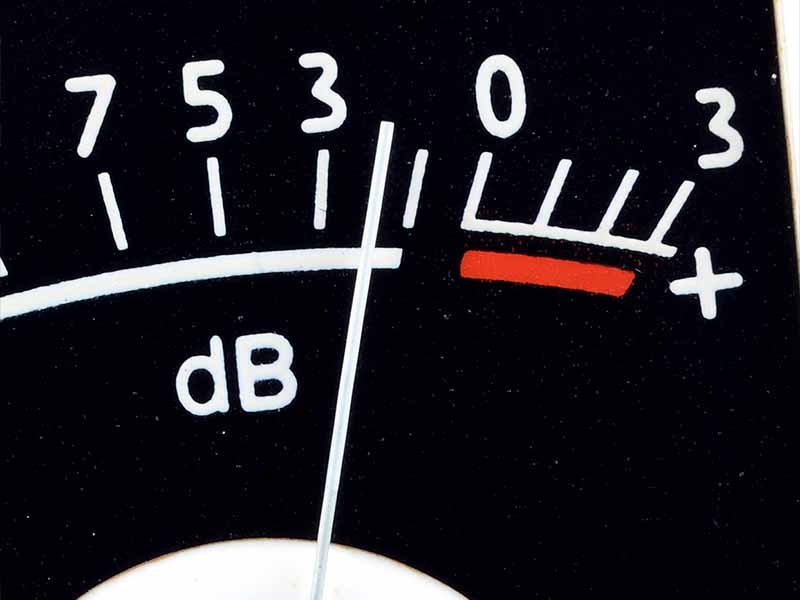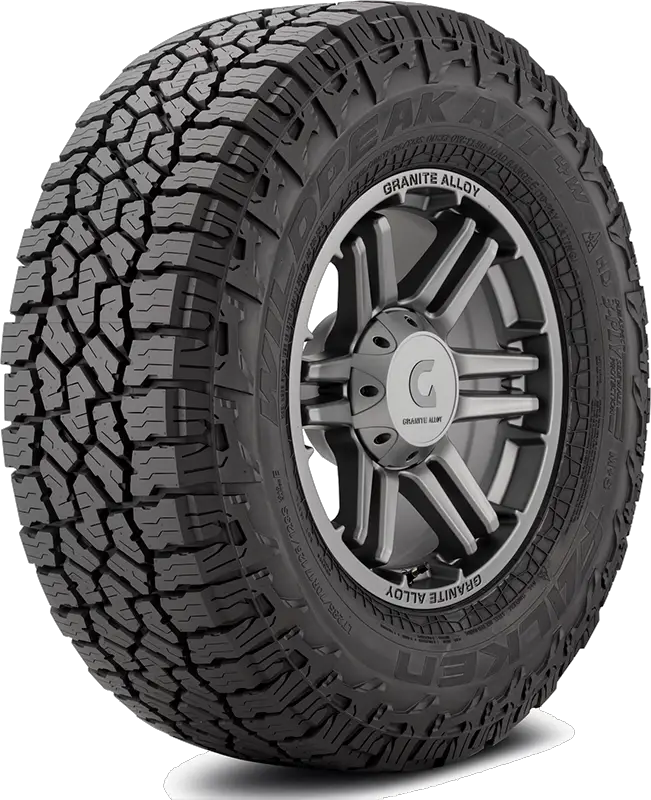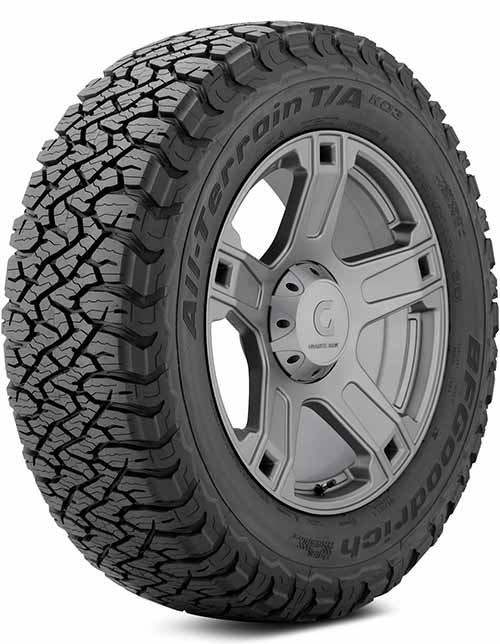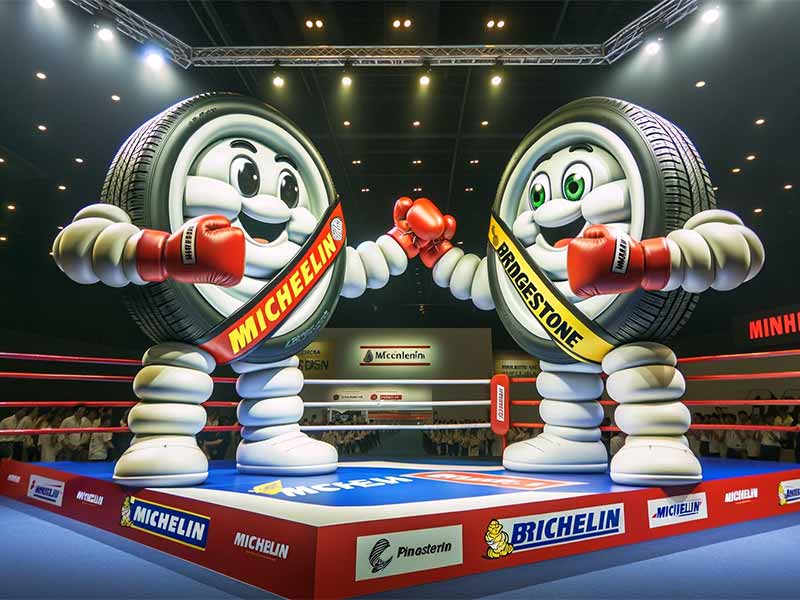Some tires will naturally create more noise than others. Off-road tires will obviously be noisy. The same tends to be true for run-flat tires.
All-season touring tires tend to offer the quietest ride. But different tire types and brands will vary significantly.
Why Are My Tires So Loud All Of The Sudden?
Uneven tread wear is the cause of most tire noise. Tires that have become suddenly more noisy are usually due to damage caused by a pothole, curb strike, foreign object puncture, or other accident.
Quiet electric cars have made tire noise problems a bigger issue than they used to be and much more noticeable. The same noise level in a gas-powered car may be obnoxious in an electric car.
Choosing quieter tires, to begin with, is a smart move if noisy tires are a big concern. Even quiet tires can become loud and annoying if not properly cared for.
Let’s take a closer look.
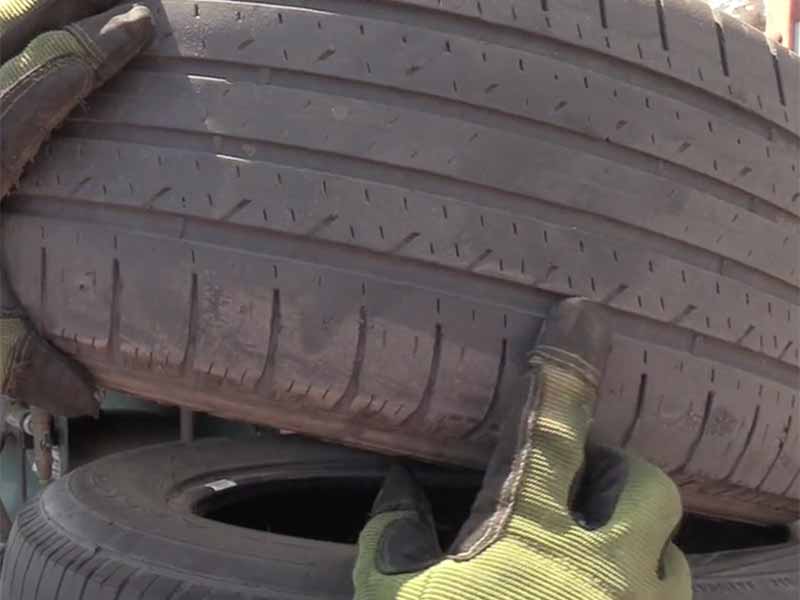
Why Are My Tires Making A Humming or Roaring Sound?
Some road noise is obviously normal for any tire. Tread patterns and different types of tires will make different amounts of tire noise. But excessive tire noise in the form of roaring could due to two main reasons:
- Uneven Wear
- Wheel Bearings
Uneven Tire Wear
Uneven wear is a common source of tire noise. Tire wear that isn’t even across the width or circumference of a tire will produce varying types of sounds. There are several different uneven tire wear patterns with each capable of producing unique noises.
Proper tire maintenance is the best method for preventing excessive noise from your tire treads. Regular tire rotation every 5,000 miles, ensuring your tires are properly inflated and checking tread depth every 3 months, having a wheel alignment, and rebalancing your tires every 10,000 miles, are all essential to even tread surface wear.
Once your tires have begun making noise due to poor tread wear, fixing the cause of the wear problem won’t make the noise go away since the damage to the tires has already been done.
In most cases, however, this will quiet tire noise over time as they begin to wear more evenly and wear in.
Wheel Bearings
Failing wheel bearings can cause a roaring or humming sound in some circumstances. Wheel bearings tend to make more noise when the steering wheel is turned than if you are driving in a straight line. This is because there is more strain put on the bearings when turning.
Bearings fail due to age, but they also can fail due to accident damage or even potholes and curb strikes.
Bearing failure can be extremely dangerous. If you suspect this is the cause of your noise problem, you should have a mechanic inspect it immediately.
Uneven wear may sound different when turning, but it won’t necessarily become much louder.
Tire Noise At Low Speed
It’s much easier to hear noise caused by your tires at lower speeds. As you speed up, the wind noise will often drown out noises caused by uneven wear or a bad wheel bearing.
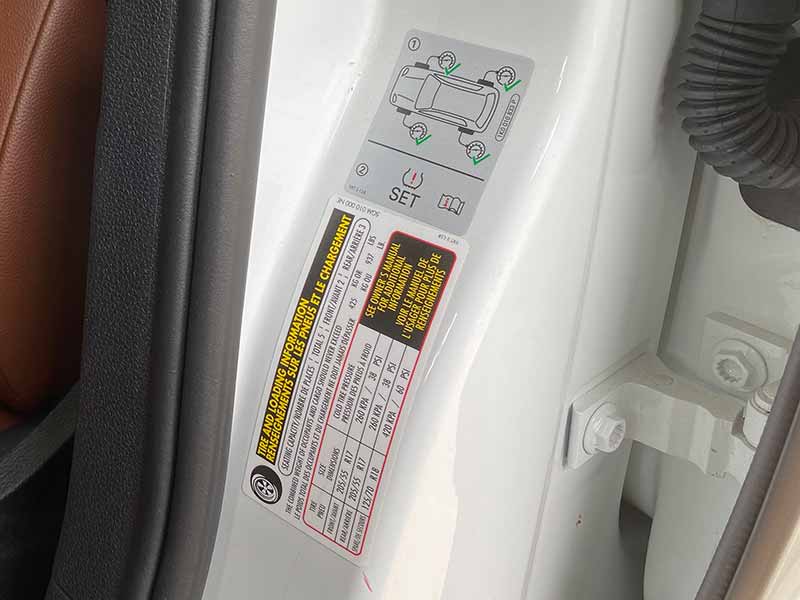
Tire Pressure
Under or over-inflated tires can also cause unusual noises that are noticeable when driving slowly. When the tire is not properly inflated the tire doesn’t come into proper contact with the road surface. This will cause unusual sounds since there is more stress being placed on some parts of the tire tread and less on others.
Stone Trapping
Another common cause of low-speed tire noise is foreign debris being wedged between tread blocks or objects that have punctured a tire that are still embedded in the tire itself.
Small rocks and other debris on the road regularly will get trapped between the tread blocks of your tires. Most of the time these stones or trash make no noise at all. But larger ones can easily create a noticeable sound at low speeds.
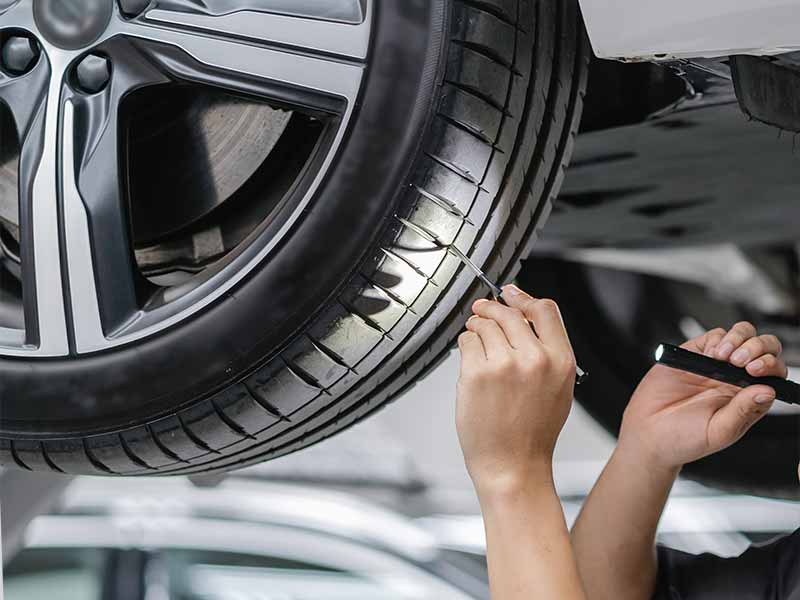
Embedded Punctures
More often than not, however, noise due to foreign objects is due to a puncture and the offending object still being embedded into the tire. If you inspect your tires and find this to be the case, do not attempt to remove the object. If you have a spare tire, you should mount it.
If the tire is still holding air, it may be possible to drive slowly to a safe location where you can then decide how to resolve the problem. It isn’t safe to continue driving on the tire since a catastrophic blowout could occur and cause you to lose control and have an accident.
Tire Noise At High Speeds
Many of the previously mentioned causes of excessive noise from your truck or car tires can be the cause of the noise that is more noticeable at high speed than at low speed.
But it is more common for noises at high speeds to be due to problems that affect wheel balance. This is especially true if you feel vibrations coming through the steering wheel or floorboards.
Bent wheels, broken belts in tires, or embedded objects due to punctures can all cause significant vibrations or simply louder tire noise when driving at highway speeds.
Any noise that is audible when driving faster should be a concern that you have looked at immediately.
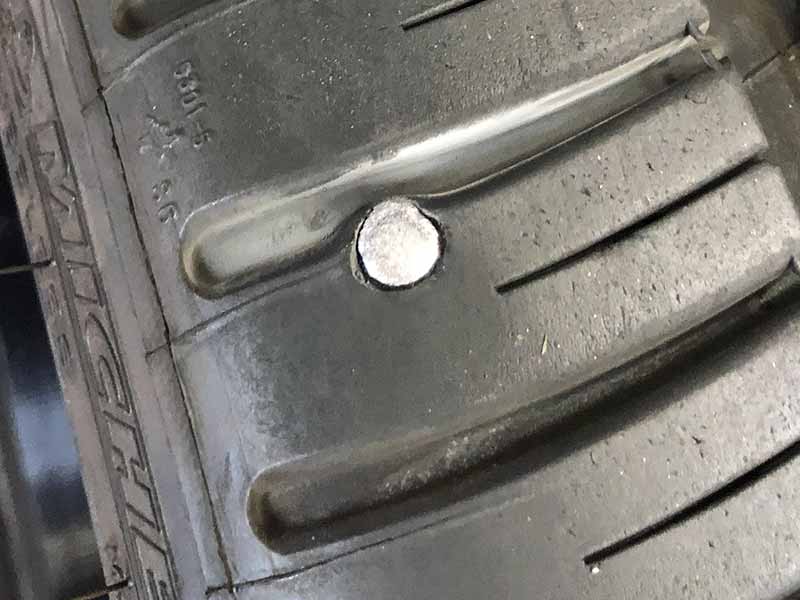
Womp Womp Tire Noise
Tire noise that makes a womp womp sound or is similar to helicopter blades is usually a damaged tire or damaged wheel problem.
Broken belts in the sidewall or across the entire contact patch can cause the tire to come out of round and will make this type of sound.
The same is true for bent rims. If your tire and wheel are out of round, the tire will essentially bounce as it is going down the road and cause noise as it does so.
Balance problems could also cause this sound, but they would typically need to be more severe to create this type of noise. This can happen if a sizable wheel weight has been lost.
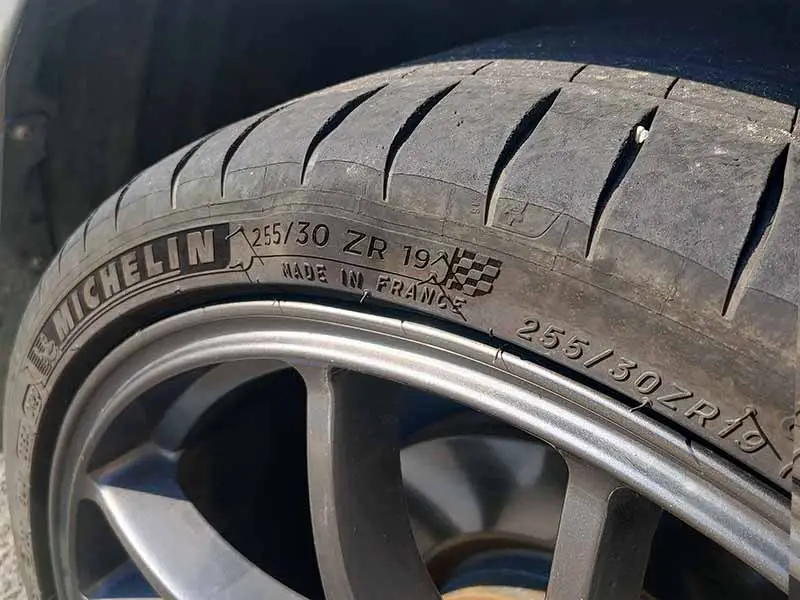
Why Are My Tires So Loud After Rotation?
Tire noise after rotation, especially when not performed regularly, is perfectly normal and the tire noise will quiet down as they wear into their new positions around your vehicle.
When a tire rotates from one position to another on your car or truck, it sits at a slightly different angle. Uneven wear will cause more noise, but even tires will very good wear can be a bit louder immediately after being rotated.
If you rotate your tires every 5,000 miles this will be much less likely to be a noticeable problem but can still create some noise for a few miles.
Why Are My New Tires So Loud?
New car tires can be louder when first installed, but will usually become quieter once they have worn in a bit. The tires need to break in a bit before they will smooth out.
Also, some tire brands or models are louder than other brands and models of tires. Tread pattern design has a lot to do with tire noise.
Less expensive tires will also be noisier than more expensive tires as a general rule. Expensive tires tend to do all things well while cheaper tires will focus more on important characteristics like traction or tire life and allow less critical features like tire noise to be less of a focus in their design process to cut costs.
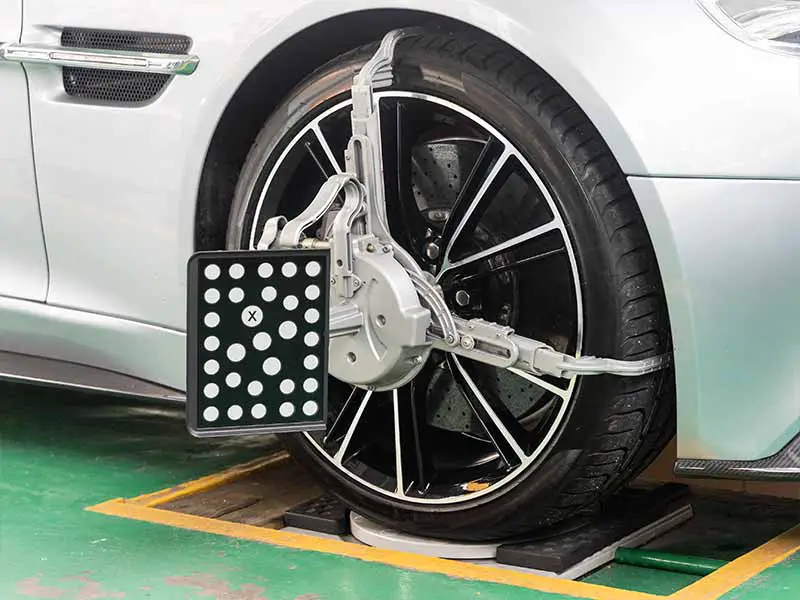
How To Quiet Noisy Tires
Poor tread wear is one of the most common causes of noisy tires. The best defense against loud tires is proper tire maintenance:
- Check air pressure at least every 3 months
- Check tread depth at least every 3 months
- Rotate tires every 5,000 miles
- Ensure you have a proper alignment every 10,000 miles
- Rebalance your tires every 10,000 miles
Once uneven tread wear has worn into a set of tires it can’t be fixed unless you shave the tires down to an even tread depth or simply allow them to wear down evenly after having addressed the cause of the uneven tire wear.
As a general rule, when you replace your tires, spending more will get you quieter tires. Cheaper tires tend to be louder.
Resources
Below are some links you may find helpful when learning about tires
Final Thoughts
Whether you’re troubleshooting a sudden problem or trying to diagnose a long-standing noise issue, hopefully, we’ve given you the information you need to solve your unique problem.
Cars and trucks are getting quieter, whether they are gas or electric-powered and this trend will continue. This means tires will be the loudest source of noise since they are the contact point between the asphalt surface and your vehicle.
Friction creates noise and tire manufacturers will continue to work on evolving their tire tread designs and rubber compounds to produce even quieter tires.
Good luck and happy motoring.
